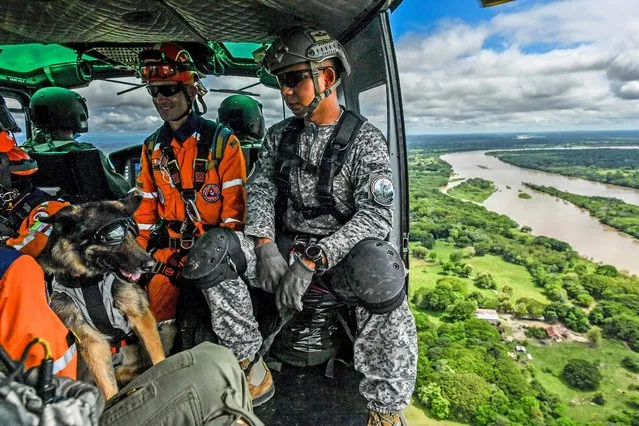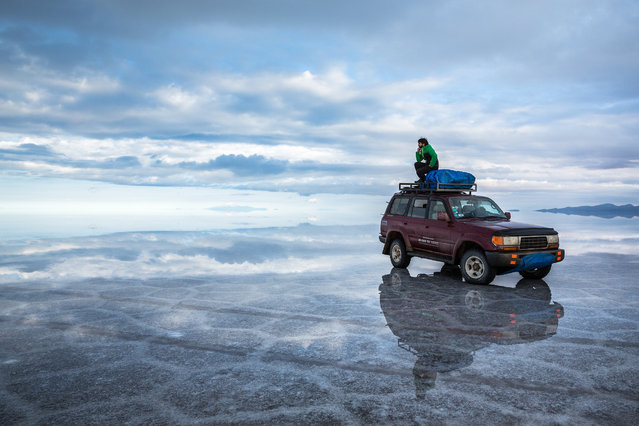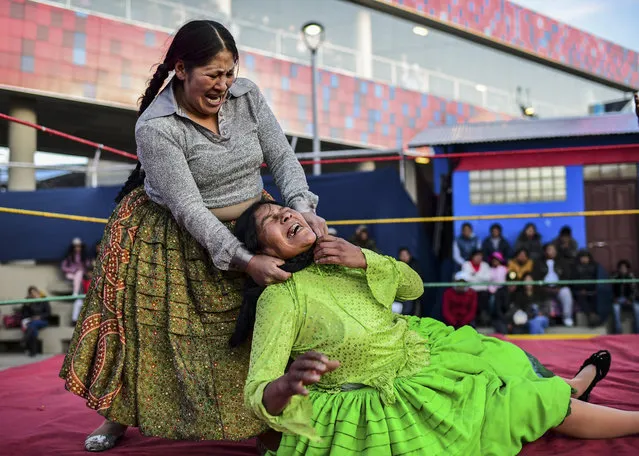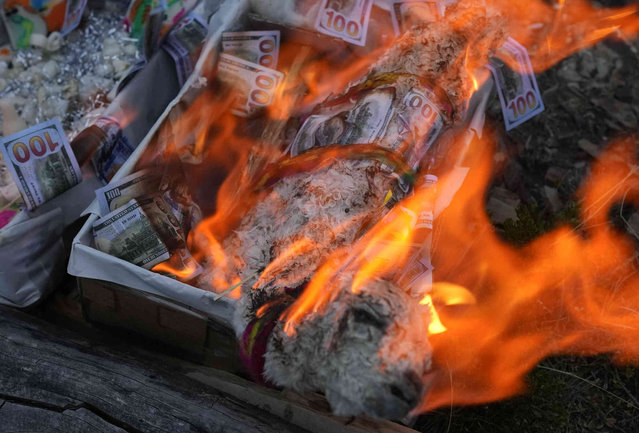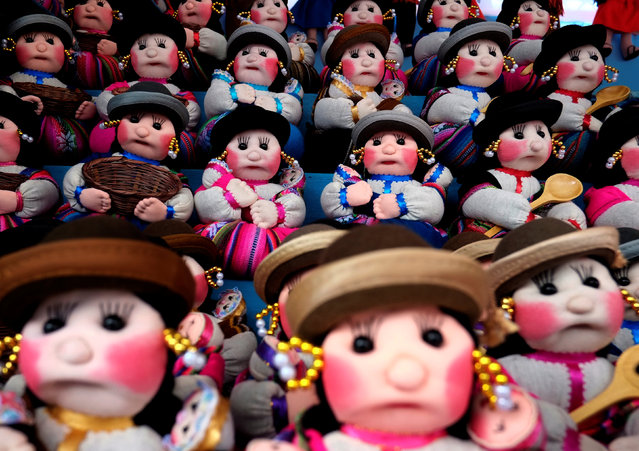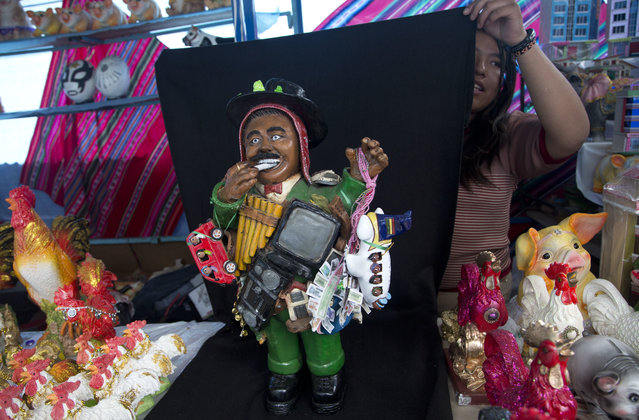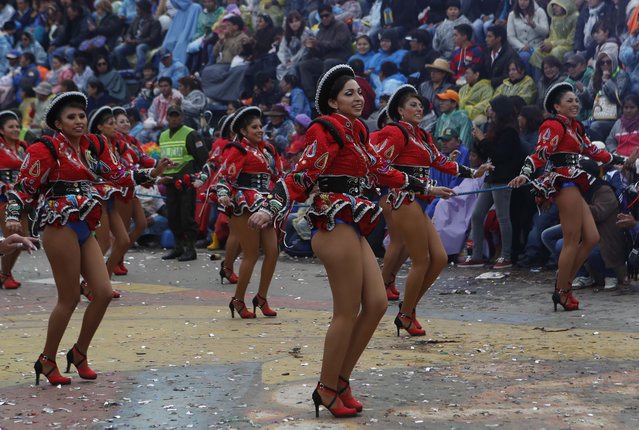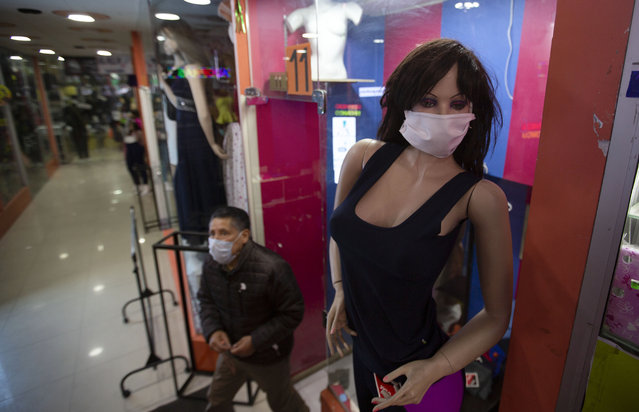
A mannequin wearing a face mask stands at the entrance of a women's clothing store in La Paz, Bolivia, Monday, June 1, 2020. After more than two months of quarantine to curb the spread of the new coronavirus the government authorized the restart of public transport and several industrial and commercial activities. (Photo by Juan Karita/AP Photo)
03 Jul 2020 00:03:00,post received
0 comments

